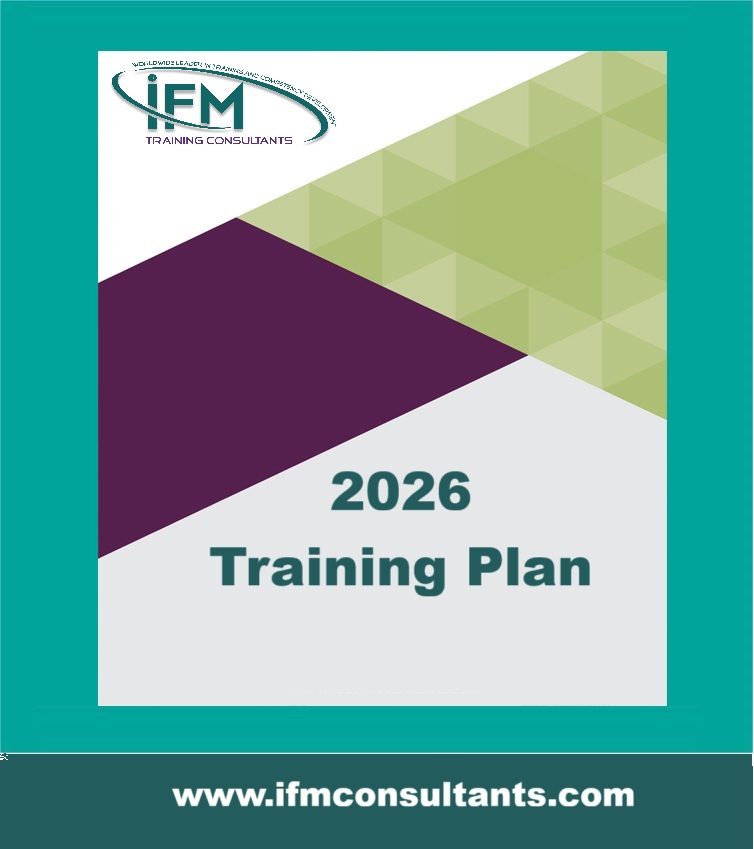Food Safety and Quality Management
| Start Date | End Date | Venue | Fees (US $) | ||
|---|---|---|---|---|---|
| Food Safety and Quality Management | 28 Dec 2025 | 01 Jan 2026 | Sharm El-Sheikh | $ 3,500 | Register |

Food Safety and Quality Management
| Start Date | End Date | Venue | Fees (US $) | |
|---|---|---|---|---|
| Food Safety and Quality Management | 28 Dec 2025 | 01 Jan 2026 | Sharm El-Sheikh | $ 3,500 |
Introduction
Many organizations in the food and associated industries are under pressure to demonstrate due diligence when it comes to ensuring the safety of the products they manufacture. At the same time increasing consumer awareness has resulted in strict quality standards. For this reason, organizations may elect to implement recognized food safety and quality standards to demonstrate their commitment to producing safe and exceptional quality products. Many organizations do not have a choice and are “forced” to implement food safety and quality standards or stand the chance of losing business. With the plethora of standards that are available, selecting the appropriate standard may be a daunting task. Understanding your market, product and customer is essential to ensure the selection of the right standard. This training workshop which assists organizations in the implementation of these standards. The approach is one that ensures that these standards are not merely marketing tools, but essential business management tools.
Objectives
- Examining various validation techniques
- Performing a practical HACCP study
- Allocating responsibility to ensure food safety and quality
- Developing a pre-requisite program
- Translating the legal requirements and putting these into practice
- Management standards
- Designing and managing documentation which demonstrates compliance to food safety and quality
- Understanding how to interpret food safety and quality management standards
- Providing you with the know-how on how to implement food safety and quality management system
Training Methodology
This is an interactive course. There will be open question and answer sessions, regular group exercises and activities, videos, case studies, and presentations on best practice. Participants will have the opportunity to share with the facilitator and other participants on what works well and not so well for them, as well as work on issues from their own organizations. The online course is conducted online using MS-Teams/ClickMeeting.
Who Should Attend?
- Compliance Managers
- Food Technologists
- Food Safety Team Members
- Production Managers
- System Administrators
- Quality Managers
Course Outline
Identifying the Appropriate Food Safety and Quality Management Standard for Your Organization
- Performing due diligence
- Providing an overview of different food safety and quality management standards
- Understanding the role of your market/customer in selecting the appropriate standard
- Looking into private standards
- Recognizing the certification process
Understanding the role of Senior Management in Food Safety and Quality Management Systems
- Examining the role of senior management
- Looking into the resource requirements
- Putting measurable objectives in place
- Outlining the management review process
- Providing with knowledge on how to approach and review your food safety and quality management system
- Agenda
- Attendees
- Effective minutes
- Focusing your communication
- Gaining buy-in from senior management
- Providing you with strategies on how to effectively manage the change process
- Looking into critical success factors for effective food safety and quality management system
System Requirements
- Showing you how to formulate policies that are aligned to your overall strategy
- Looking into the PDCA approach (Plan/Do/Check/Act)
- Identifying and documenting key business processes
- Specifications
- Raw material
- In-process material
- Final product
- Identifying and documenting mandatory procedures
- Using systems as management tools
- Internal Audits
- Non-conformances
- Complaints
- Preventive and corrective actions
- Continual improvement
Legal Requirements
- Looking into the legal requirements relating to traceability and recall
- Investigating quantity control
Legislation
- Traceability and recall
- Quantity control
- Identifying relevant legislation, regulations, and codes of practice
- Designing a legal register
- Maintaining updated legislation
Foundation Elements for Food Safety
- Looking into the Importance of pre-requisite programs (PRP's) as a basis for food safety
- Identifying shortfalls
- Identifying the appropriate PRP's
- Establishing programs to manage and verify PRP's
The Food Safety Team
- Recognizing the composition and competencies of the team
- Looking into the roles and responsibilities of the team
- Reviewing the food safety system
- Establishing the link between the food safety team, staff, and man
Applying Codex Principles to Perform a HACCP Study
- Clarifying terminology
- Examining the codex principles
- List the food safety hazards and measure to control the hazards
- Determine critical control points (CCP's)
- Establish critical limits for each CCP
- Establish a monitoring system for each CCP
- Establish corrective action plans
- Establish validation, verification, and review procedures
- Establish record-keeping and documentation
- Providing you with step-by-step guidance through codex principles
Validation
- Exploring the reasons why one needs to validate
- Knowing when to validate?
- Investigating validation approaches:
- Referencing literature and science
- Experimental trials
- Data collection
- Mathematical modeling
- Statistically designed surveys
- Using systems as management tools
- Internal Audits
- Non-conformances
- Complaints
- Preventive and corrective actions
- Continual improvement
Legal Requirements
- Looking into the legal requirements relating to traceability and recall
- Investigating quantity control
Legislation
- Traceability and recall
- Quantity control
- Identifying relevant legislation, regulations
- Designing a legal register
- Maintaining updated legislation
Foundation Elements for Food Safety
- Looking into the Importance of pre-requisite programs (PRP's) as a basis for food safety
- Identifying shortfalls
- Identifying the appropriate PRP's
- Establishing programs to manage and verify PRP's
The Food Safety Team
- Recognizing the composition and competencies of the team
- Looking into the roles and responsibilities of the team
- Reviewing the food safety system
- Establishing the link between the food safety team, staff and management

















